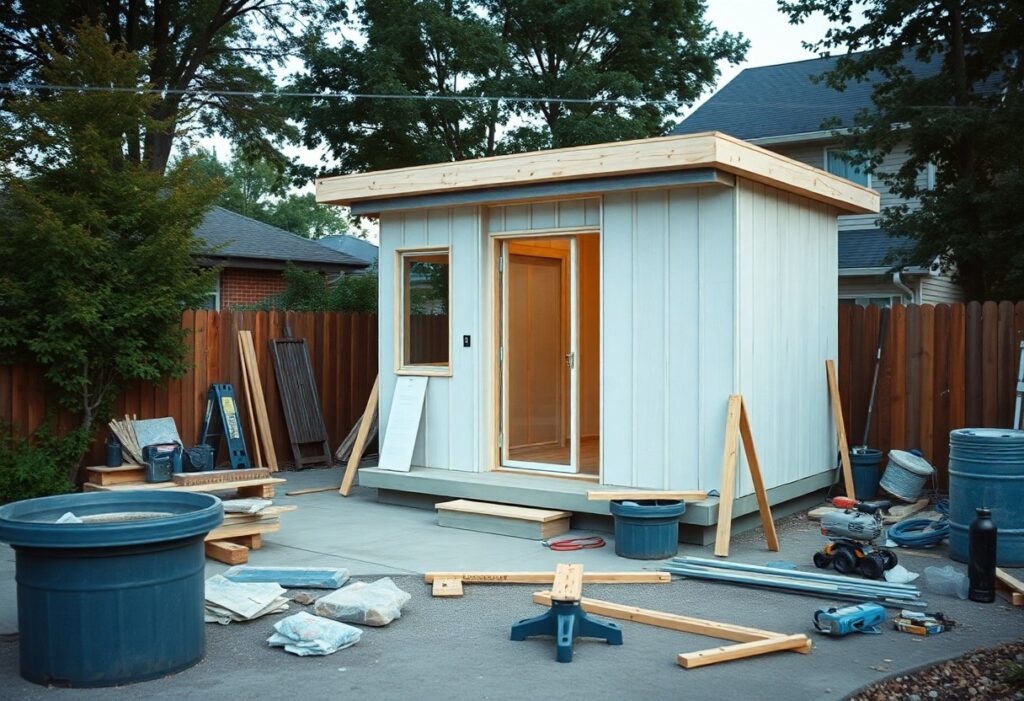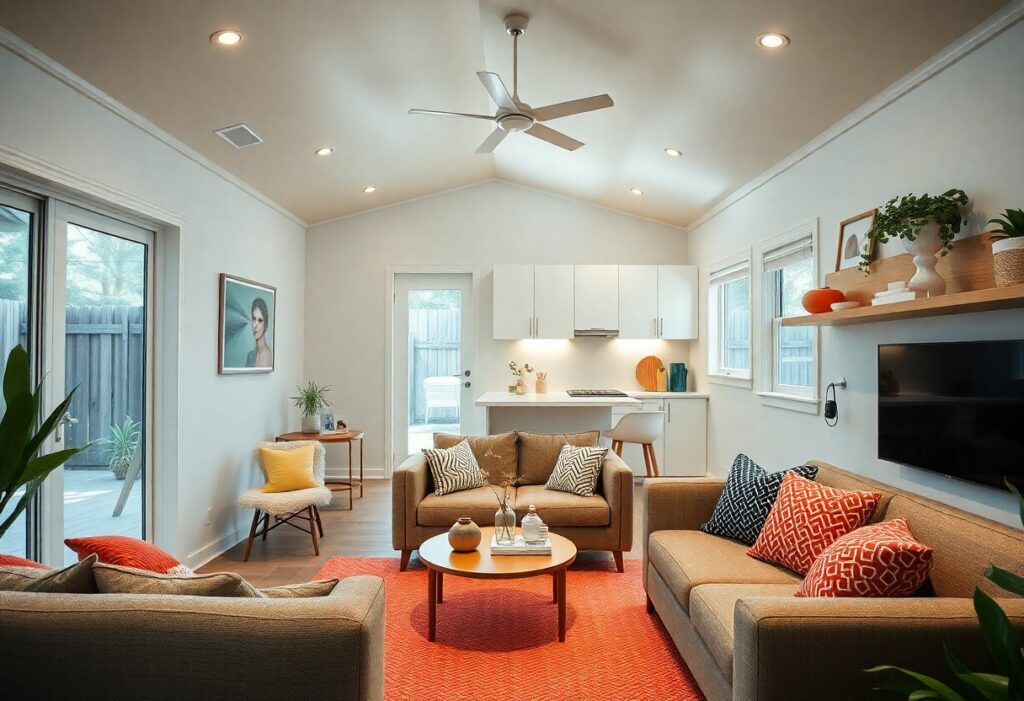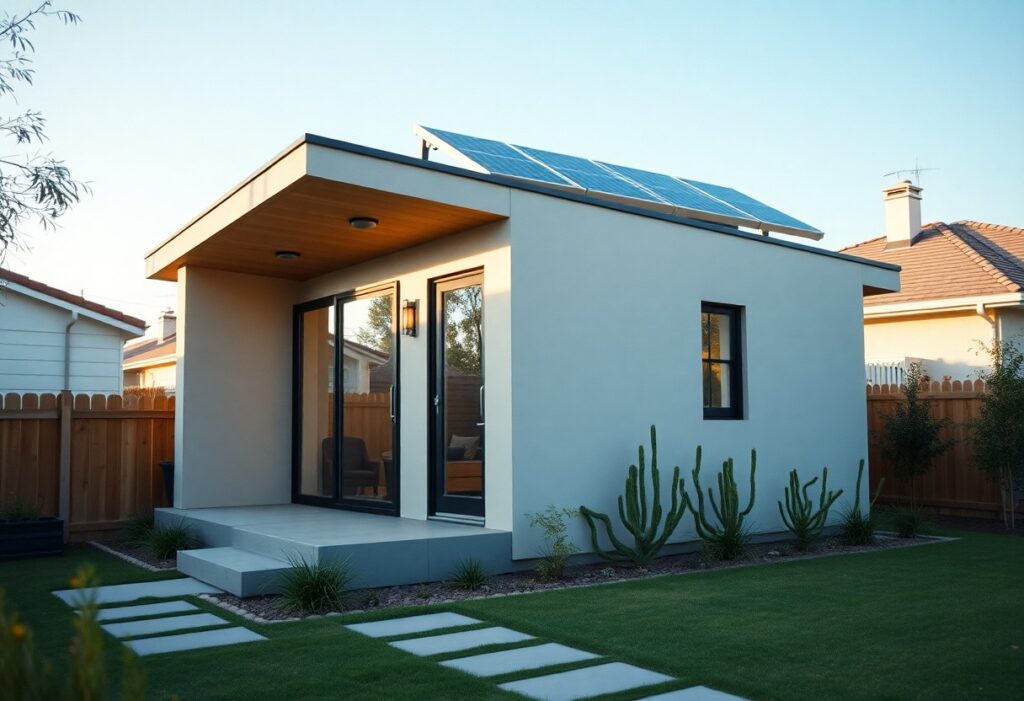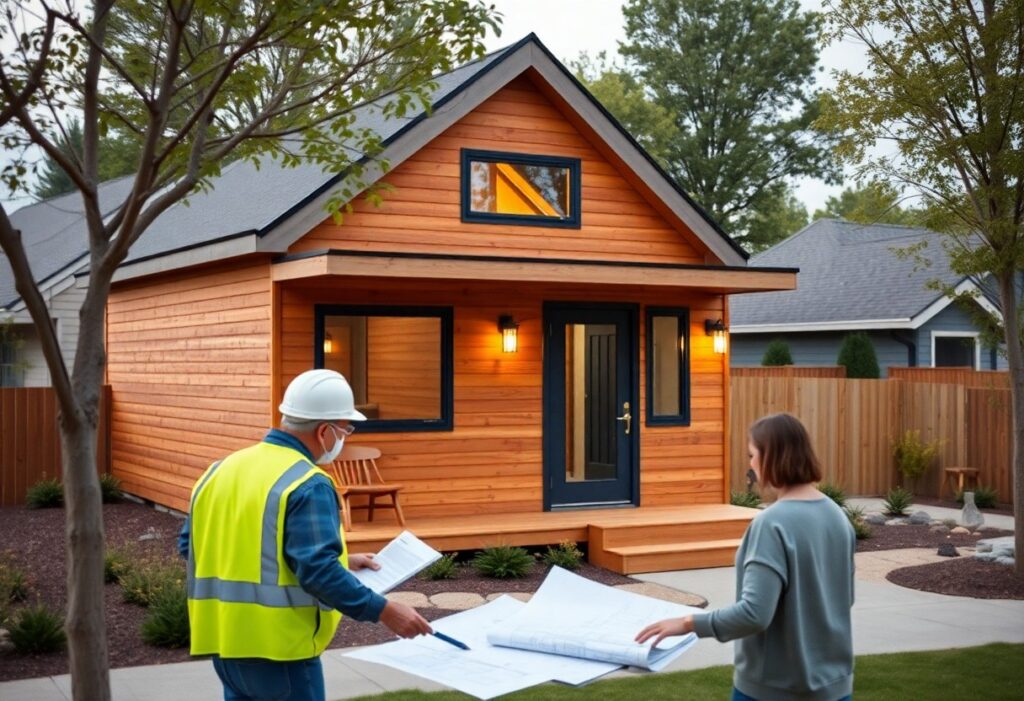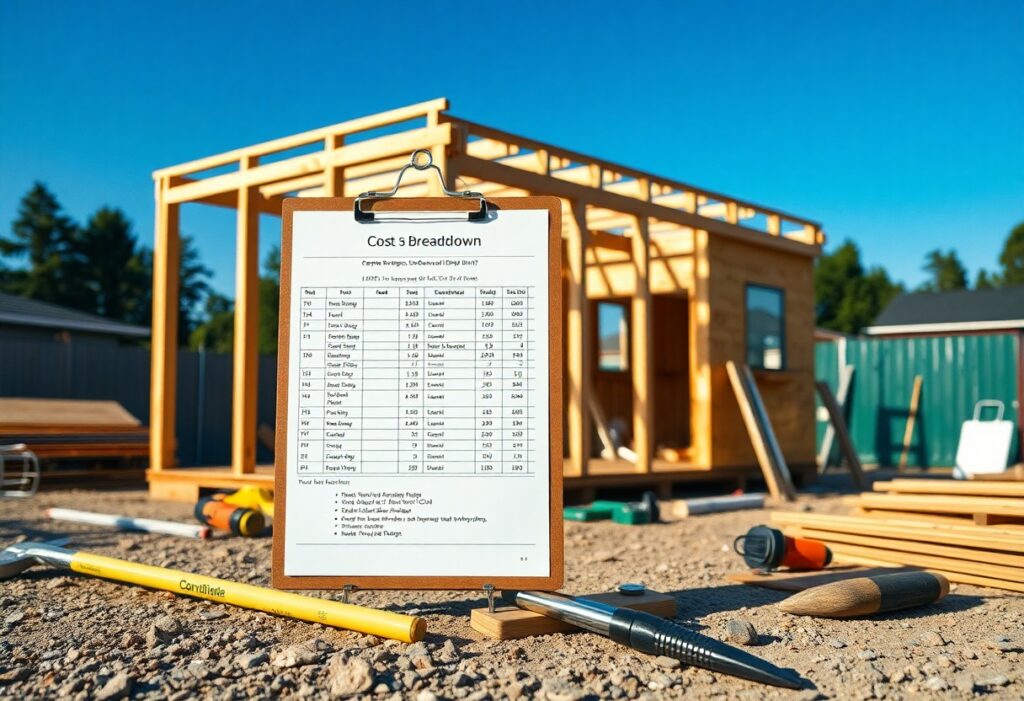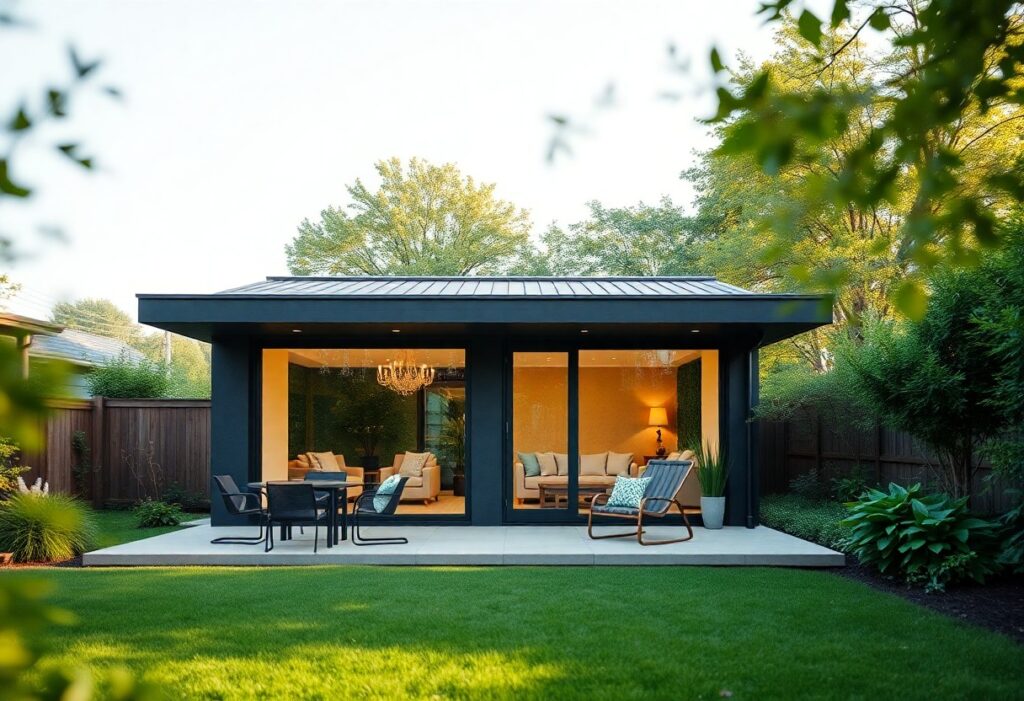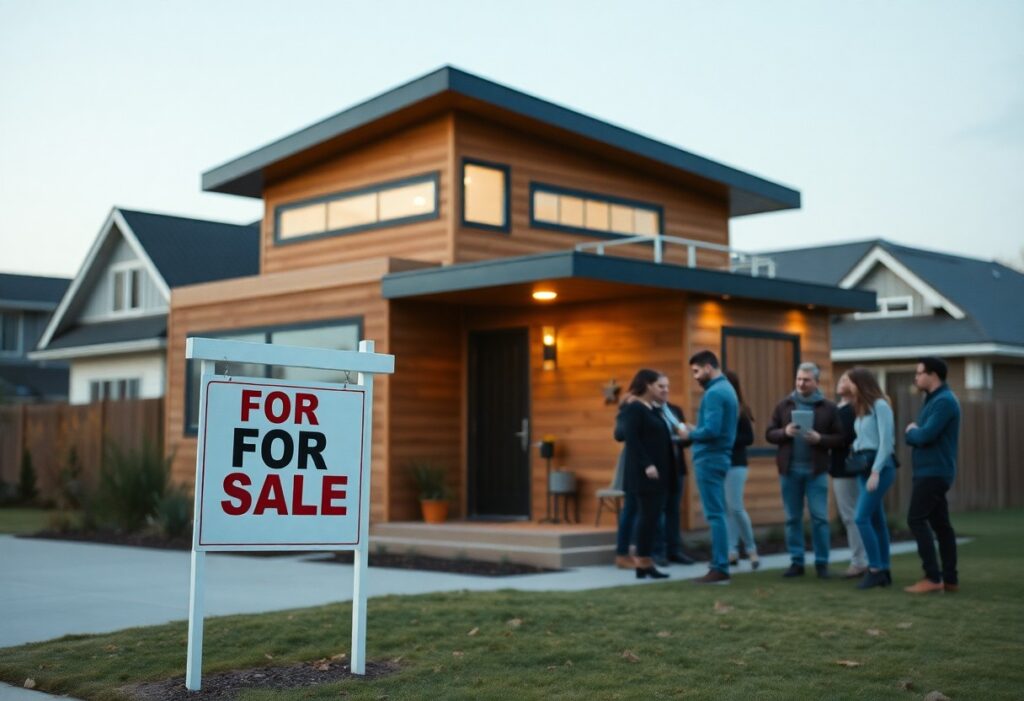An ADU provides a distinctive answer to the housing demand in Southern California, offering rental income and multi-generational living. Yet, the actual construction of an ADU varies greatly in cities due to local zoning, building codes, and permits. Let’s take a look at the legalities of ADU construction in a few key Southern California cities so you can ease through it. Let’s explore what every ADU contractor and homeowner needs to know.
ADU Los Angeles
**Zoning Laws:**
– ADUs are permitted in the majority of residential areas in Los Angeles. An ADU can only be provided for a property that already includes a single-family dwelling.
**Building Codes:**
– ADUs in Los Angeles are subject to both state building codes and city requirements regarding height and setback.
**Permits Required:**
– Homeowners need to obtain building permits by submitting plans that are in accordance with state and city ordinances.
ADU Irvine
**Zoning Laws:**
– Irvine promotes ADUs by permitting them on all residential blocks. Limits on lot size, landscaping, and building materials exist to preserve a sense of community.
**Building Codes:**
– Irvine ADUs must adhere to the California Building Standards Code and its local interpretation, with emphasis on structural safety and livability.
**Permits Required:**
– To receive a permit in Irvine, you must submit site plan, floor plan, elevations, and make sure that everything is constructed to the correct specifications.
ADU Long Beach
**Zoning Laws:**
– ADU’s are permitted in Long Beach on residentially zoned lots where a single-family dwelling already exists.
**Building Codes:**
– Long Beach wants to ensure that ADUs follow state and local building codes, such as the sizes and height restrictions, particularly in historic neighborhoods.
**Permits Required:**
– Long Beach Building Permits: Building, Electrical, Plumbing Permits Attention: Environmental Impact Reports
ADU Anaheim
**Zoning Laws:**
– Anaheim allows for ADUs in residential zoned areas, but with specific restrictions on the location and size relative to the primary residence.
**Building Codes:**
– Must be compliant with the California Residential Code plus additional local fire protection and privacy requirements.
**Permits Required:**
– Like any city, Anaheim requires an entire set of permits, including but not limited to building, plumbing, and mechanical permits.
Essential Things to Consider in All Cities
1. **ADU Meaning and Purpose:**
– ADUs (secondary units, granny flats, or in-law units) are additional living spaces on a property that may be rented out for family members or are used to enhance the property’s worth and versatility.
2. **Working with an ADU Contractor:**
– In order to successfully navigate the intricacies and comply with all city ordinances, it’s better to partner with a trusted ADU contractor that knows what the laws are in your city.
3. **Impact on Property Value:**
– Typically, the benefit of adding an ADU is that it adds value by creating more living space or rental property, making it a good investment for the owner.
Conclusion
Creating an ADU in Southern California can be an exciting business to pursue, but you need to plan carefully and follow a variety of laws. With knowledge of your local zoning regulations, building codes and permits, and an experienced ADU contractor, you can make sure that your construction goes smoothly and makes your property more attractive and functional.
If you would like more information, call or text (877) 398-8002 or Click here for more information
The ADU Pro, Inc.
15338 Central Ave. Chino CA 91710
(877) 398-8002
Looking to find help financing your ADU? Click Here




